
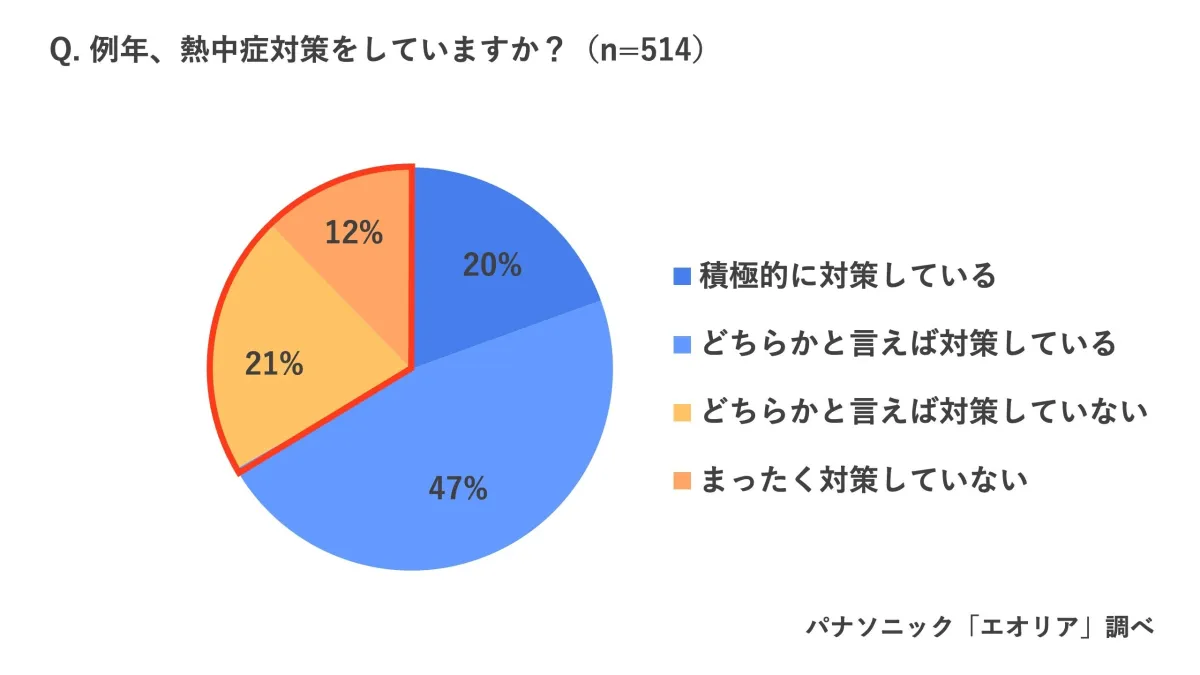
Understanding Heatstroke Risks and Air Conditioner Use Ahead of a Summer of Record Heat
Increasing Risk of Heatstroke in June
The rising number of heatstroke cases in June has become a concerning trend in recent years. With forecasts suggesting a hot summer in 2024, the situation is only expected to worsen. According to reports, last summer saw an alarming total of 97,578 heatstroke patients from May to September, the highest since recording began in 2008. Similarly, the 2023 stats showed a frightening 91,467 ambulance dispatches for heat-related illnesses. The importance of heatstroke countermeasures cannot be overstated as we brace for another sweltering summer.
Recent Findings on Public Awareness
A recent survey conducted by Panasonic revealed some troubling statistics regarding public awareness and measures taken against heatstroke. Out of respondents, 33% admitted they had done nothing for heatstroke prevention, while 46% initiated action only after July. Alarmingly, 51% have felt their or their family members' conditions might indicate heatstroke, but 44% did not use air conditioning when symptoms arose. The primary reason cited was the worry of high electricity costs, with 36% reflecting these concerns.
Understanding 'Tsuyu Type Heatstroke'
An increase in Tsuyu type heatstroke, particularly in June, is noteworthy. This condition arises not from extreme temperatures but from high humidity levels that prevent sweat from evaporating, particularly during Japan's humid rainy season. Awareness of this type is low—only 13% of survey respondents fully understood it. With 40% of respondents feeling heatstroke during June, the need for preventive measures is critical. Although the peak months for heatstroke are commonly cited as July and August, the June heat must not be underestimated.
Education is Key
Dr. Yasufumi Miyake, a medical expert, emphasizes that earlier countermeasures can be vital. Misconceptions exist about starting heatstroke prevention only in July, but the reality of sustained high temperatures pushed forward by climate change necessitates earlier action.
Effective Use of Air Conditioning
Proper air conditioning use is essential for managing summer heat. Medical professionals advise utilizing air conditioning when indoor temperatures exceed 28°C or humidity reaches 70%. The Air Master initiative from Panasonic encourages maintaining comfort through appropriate settings while also advocating for energy efficiency. For instance, adopting automatic operation keeps the environment cool without overspending on electricity.
Despite nearly 49% of people indicating a willingness to restrict air conditioning use to save on costs, Dr. Miyake insists that comfort and health must take precedence over expense concerns during the hottest months. Staying hydrated and cooling indoor spaces effectively can prevent the risk of heat-related ailments.
Panasonic Innovates for Safety
Panasonic is at the forefront of integrating energy-efficient technology into their air conditioning units. Their model, Eolia, is designed to withstand Japan's extreme summer conditions while focusing on comfort and savings. The units incorporate the Energy Charge System that repurposes exhaust heat while maintaining stability in cooling power, even at high outdoor temperatures.
In a bid to further support public health initiatives, Panasonic's Eolia has been recognized as the official air conditioner of the Zero Heatstroke Project, aimed at minimizing heatstroke occurrences.
The meticulous design, energy technology, and innovative cooling options built into Eolia make it a practical solution for both consumer comfort and health awareness this summer.
Final Thoughts
As temperatures continue to climb, recognizing signs of heat-related illnesses and understanding effective cooling strategies with air conditioner units is essential for the population. With proper education and proactive measures, heatstroke can be prevented, ensuring that everyone can enjoy a safe and comfortable summer.
Dr. Yasufumi Miyake and Panasonic’s Air Master program stand ready to empower individuals with the knowledge and tools needed to combat heatstroke effectively. By prioritizing health over hesitation about costs, summer can be not only bearable but enjoyable too.
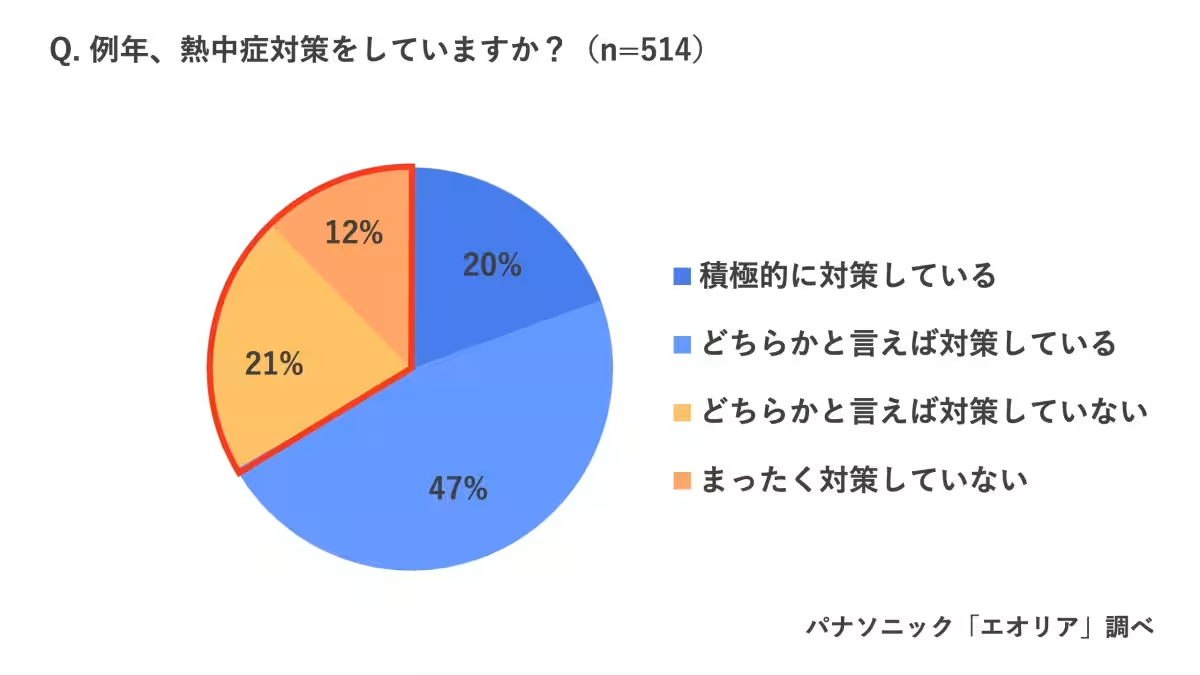
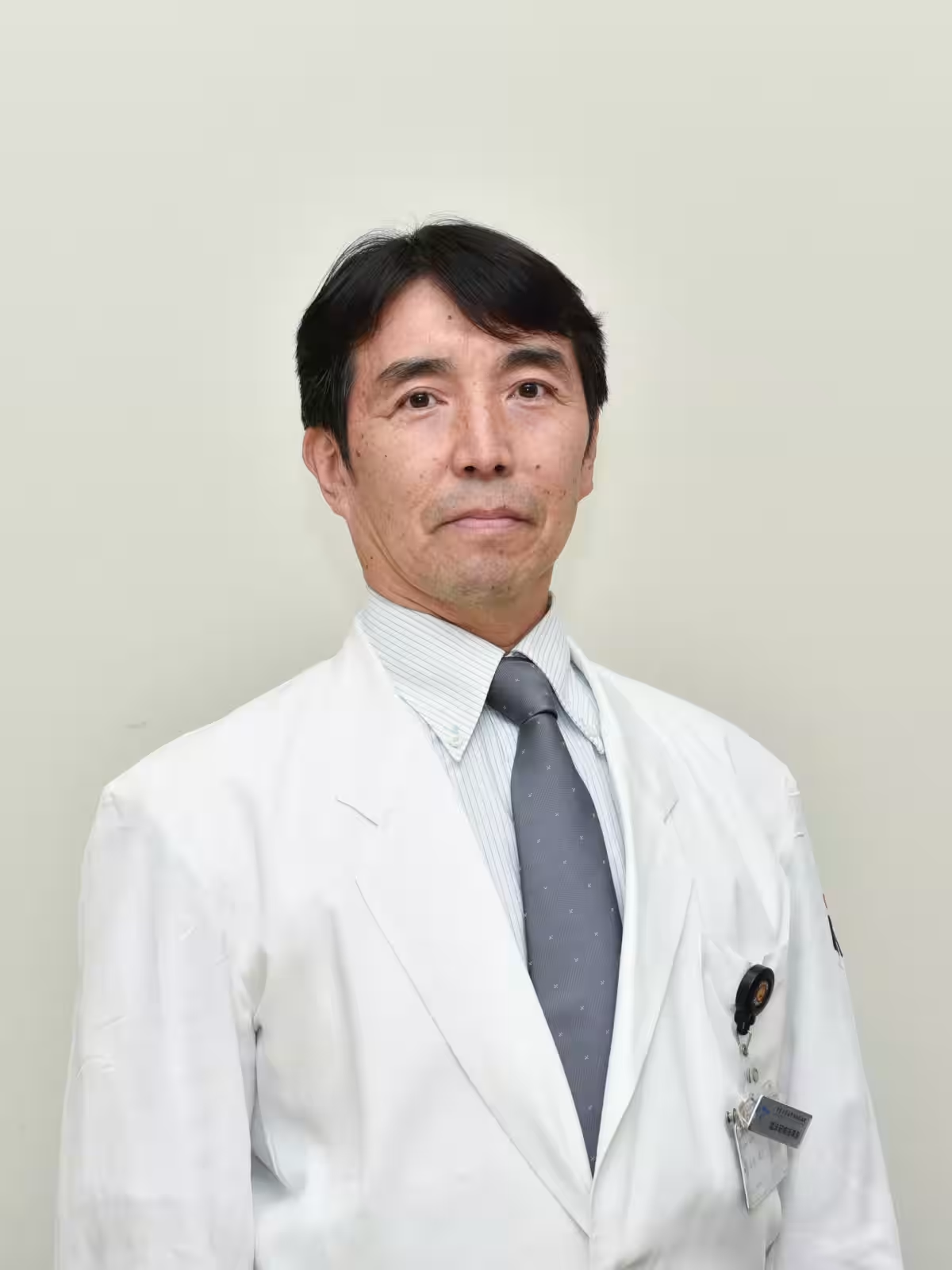
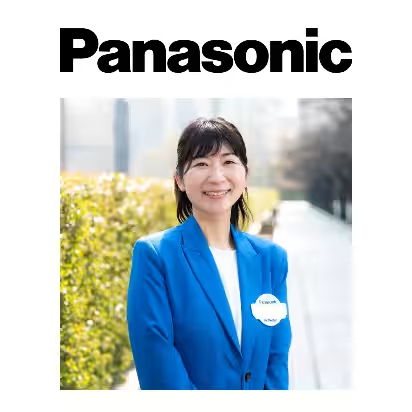
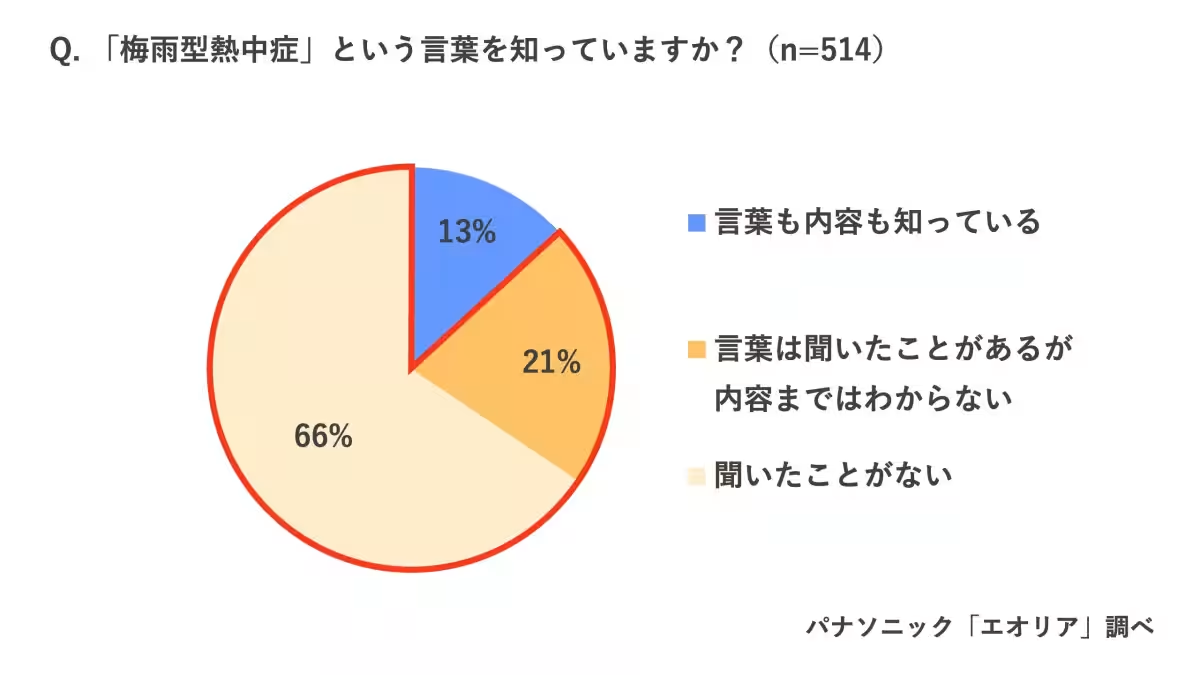
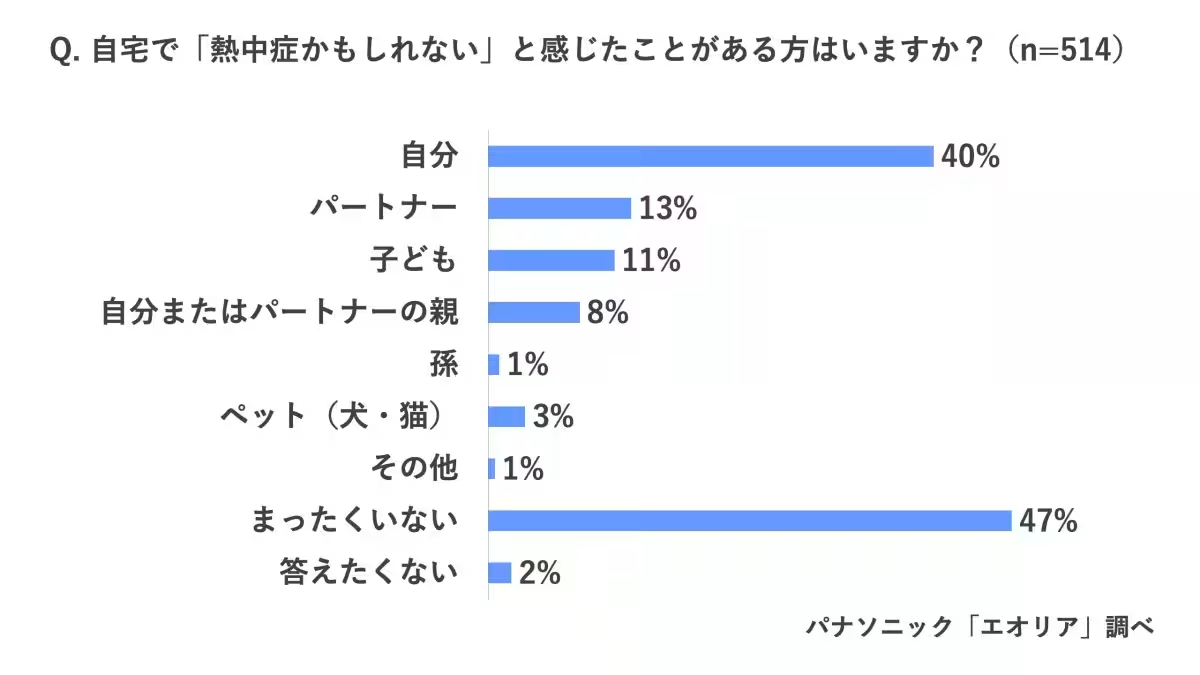
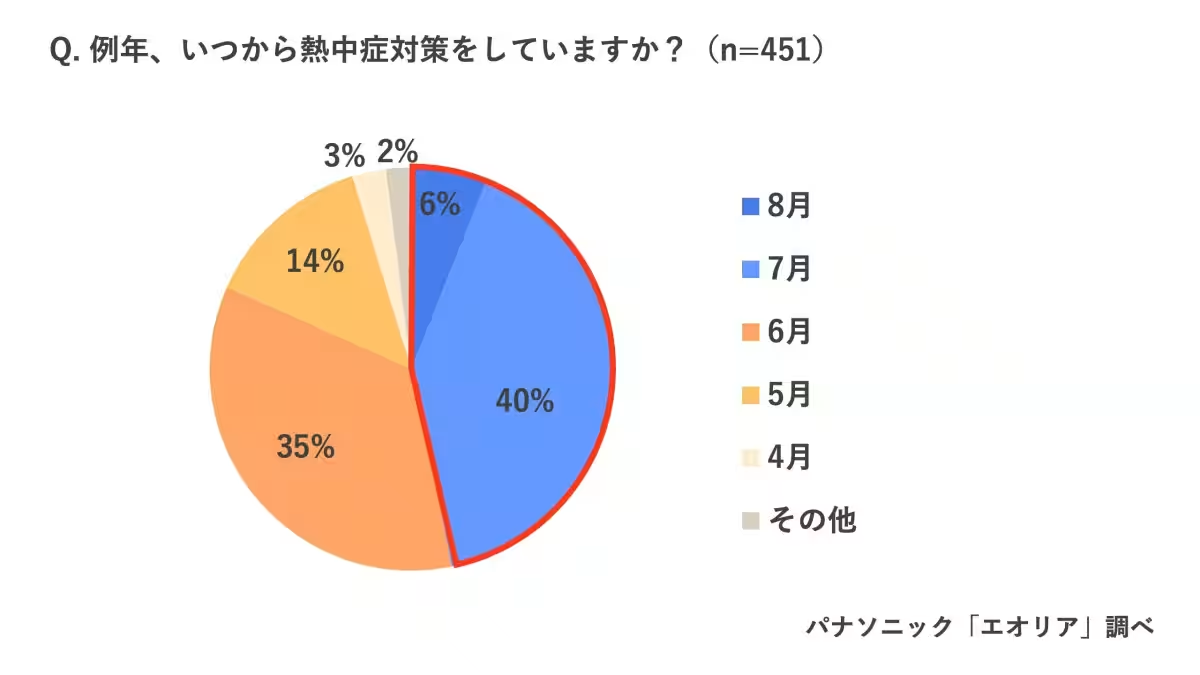
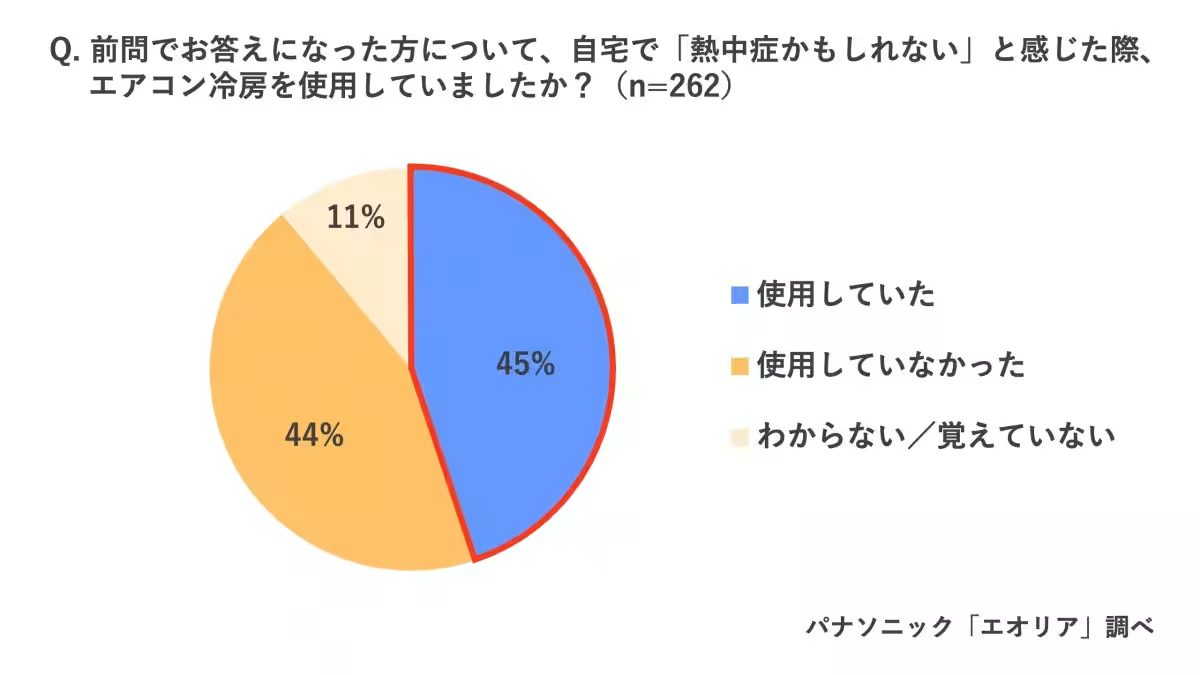
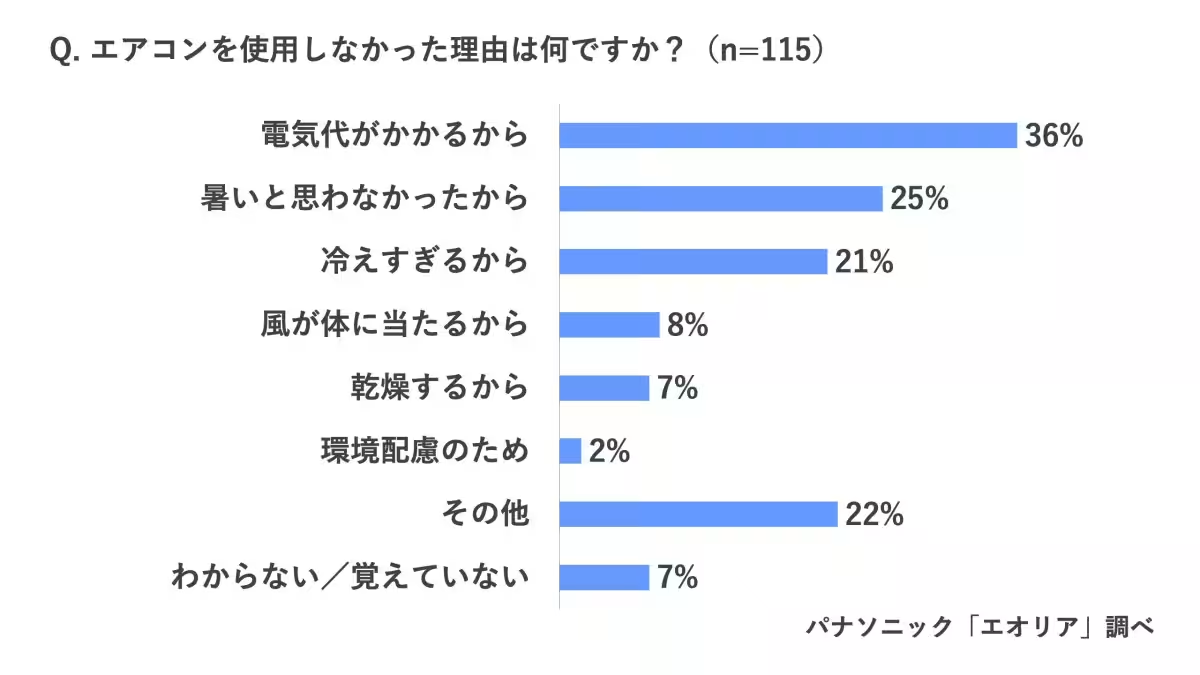
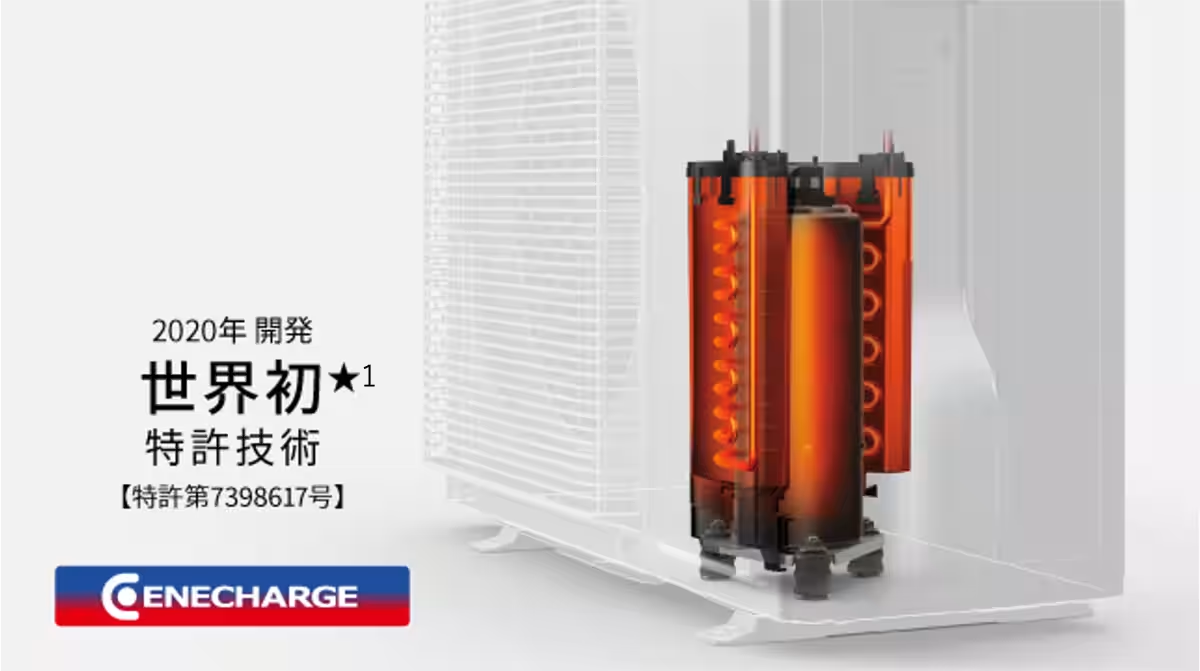
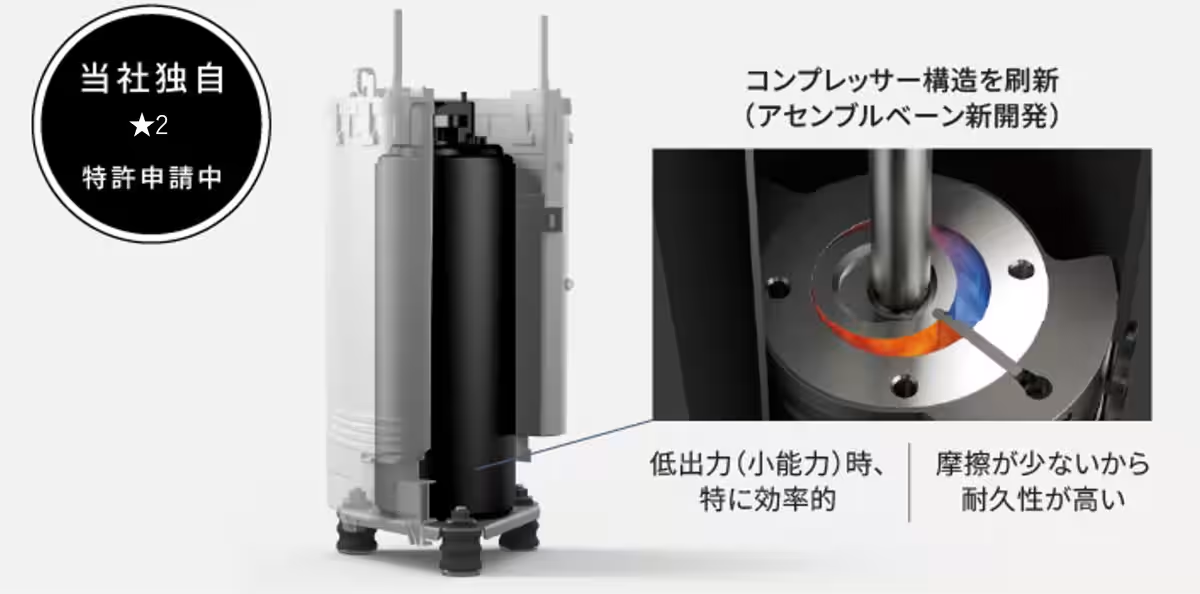
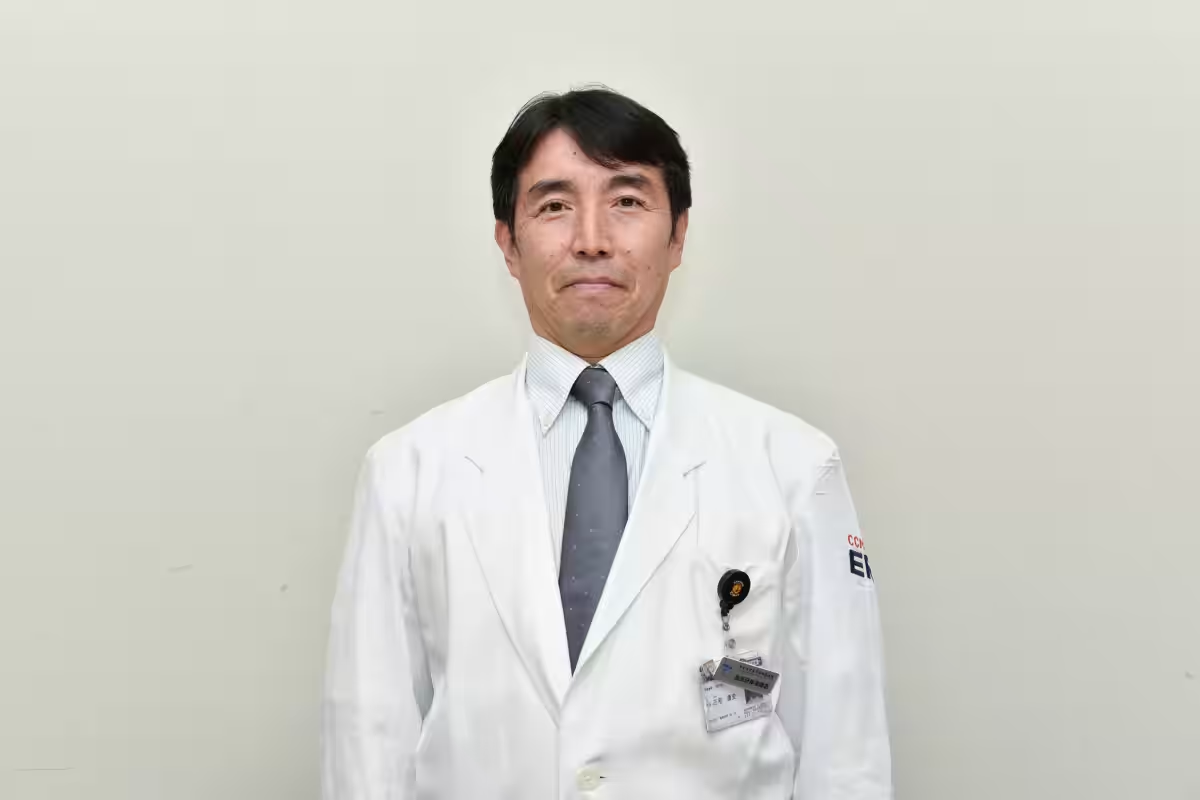
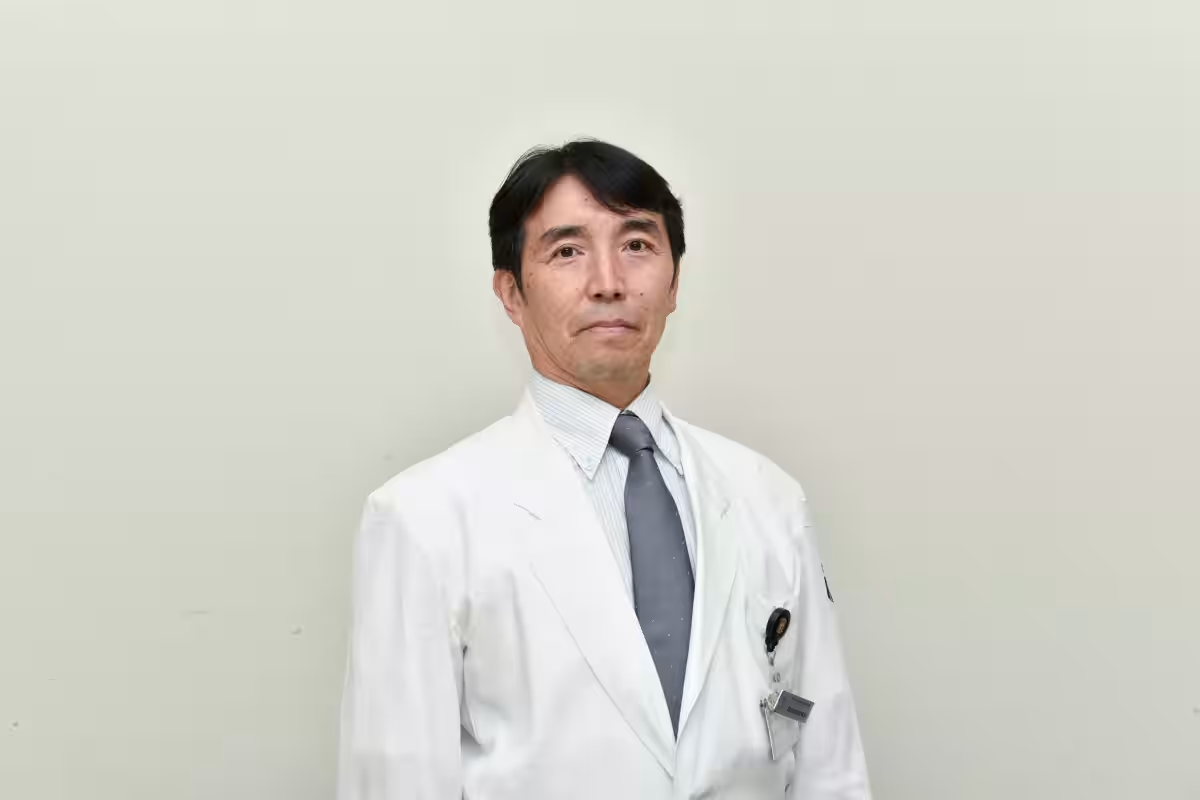
Topics Health)










【About Using Articles】
You can freely use the title and article content by linking to the page where the article is posted.
※ Images cannot be used.
【About Links】
Links are free to use.